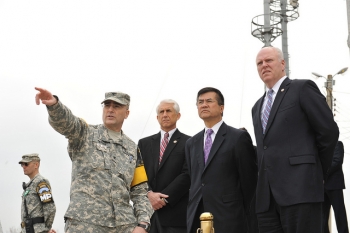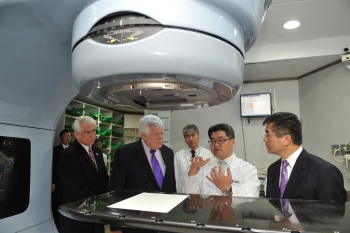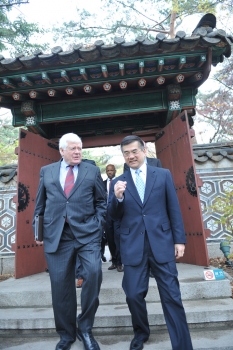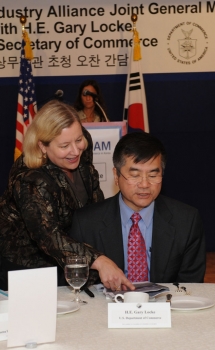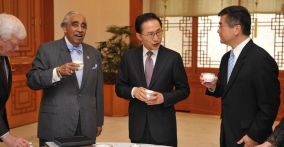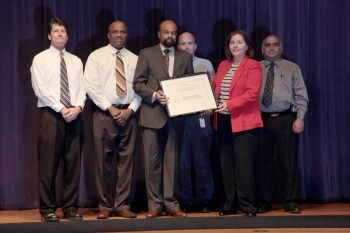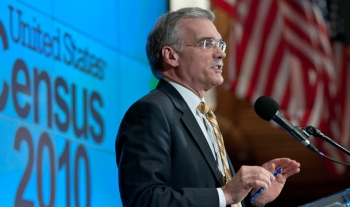Secretary Locke and Congressional Delegation Conclude Productive South Korea Meetings
Today Secretary Gary Locke and the congressional delegation concluded their three-day trip to Seoul with a visit to the Demilitarized Zone – the border between South and North Korea – and a lunch with U.S troops and their families at Yongsan Garrison to thank them for their service. The group also met with leaders of South Korea’s Democratic Party and Grand National Party at Korea’s National Assembly to discuss the U.S.-South Korea Trade Agreement (KORUS).
“Over the last few days we have had the opportunity to see first-hand the benefits that KORUS will bring to the economies of both the U.S. and Korea,” Locke said. “There is great demand for U.S. products -- from made-in-America cell phone components to life-saving medical equipment. This agreement will increase mutually beneficial trade, strengthen our economies and create jobs in both of our countries.”
Locke also visited Seoul National University Hospital for a demonstration of Varian Medical Systems’ (Palo Alto, Calif.) advanced radiotherapy technology. Varian is the world leader in this life-saving, cancer treatment technology with approximately $34 million worth of annual sales to South Korea. Their equipment is manufactured in California and Utah and exported globally. Under the U.S.-South Korea trade agreement, the tariff on Varian’s products would be eliminated, making the company more competitive in the Korean market.


